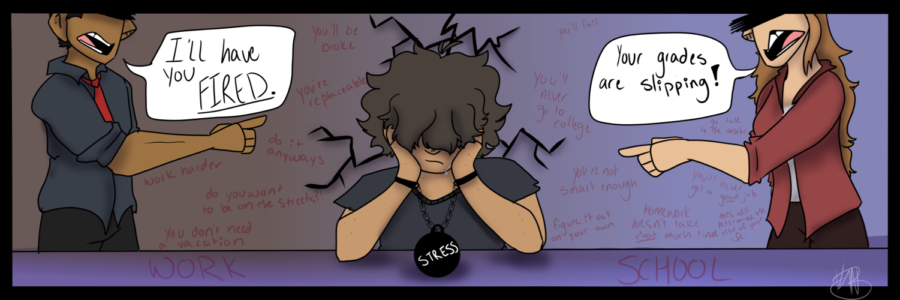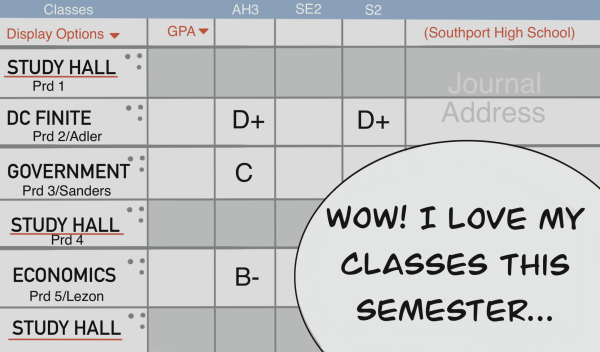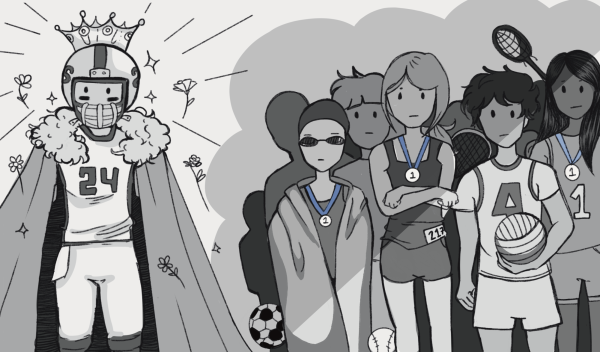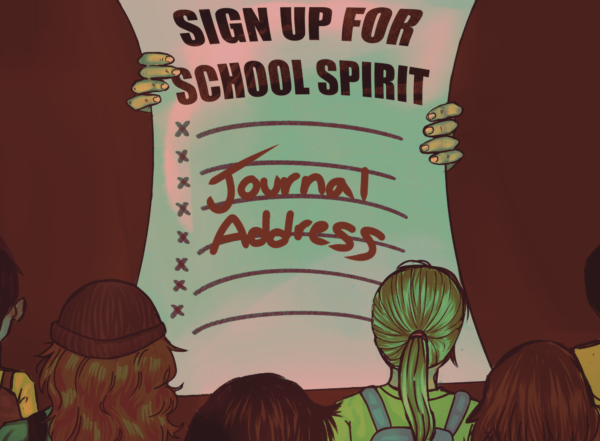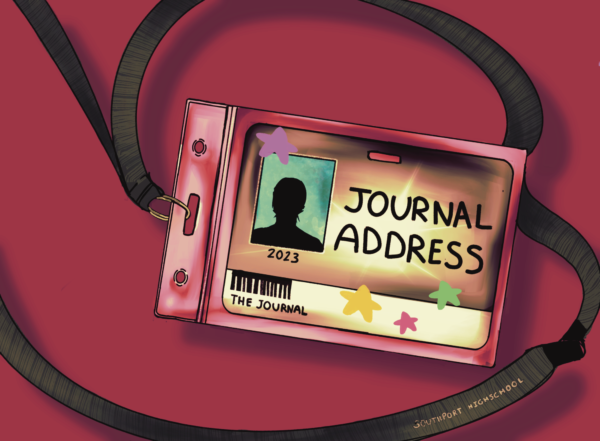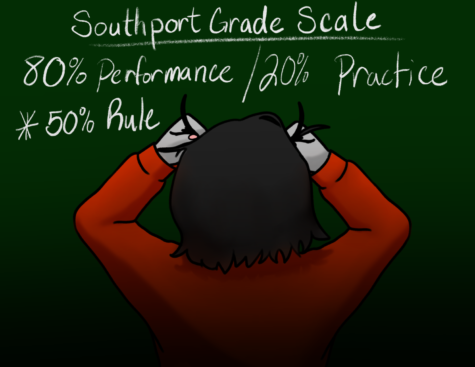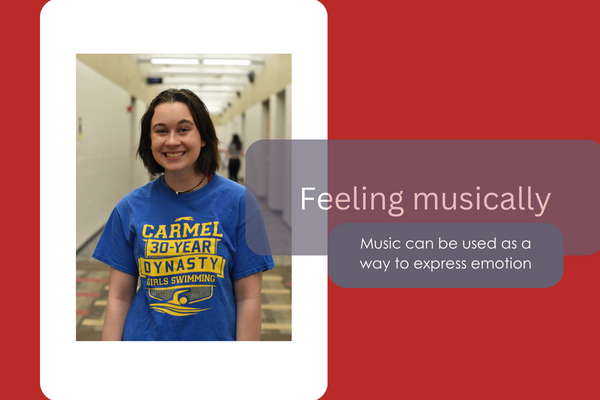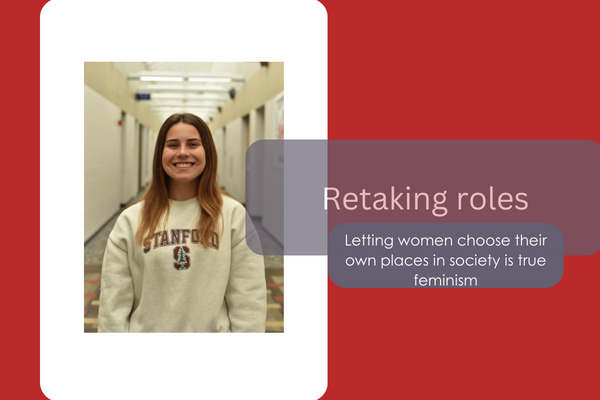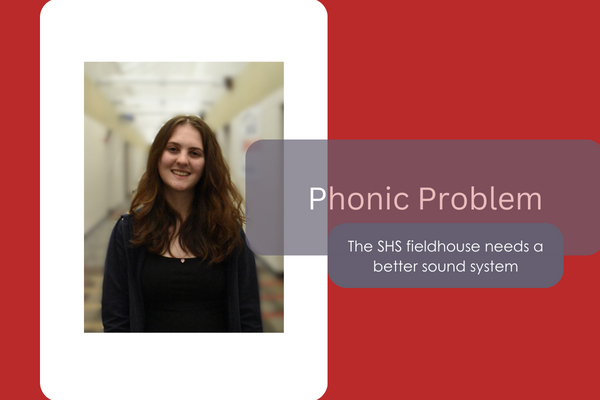Journal Address
Making high school students choose money over mental health and education is not OK
As the past couple years have gone by, the number of students working has increased in the nation and at SHS.
In 2019, 19% of teenagers were employees enrolled in school according to Statista. Today, in 2021, it has increased to 54.4%.
We, The Journal, have noticed that many students have been hired at younger ages. A majority of the teenagers here at SHS are working at the ages of 14 to 16, and some students are placed in jobs that are too mentally taxing for their age group.
One of the main reasons for this influx of working students would be money. However, the minimum wage many receive is not worth the mental strain they get from their jobs.
According to Meredith Galante in the article, “Your Guide to the Minimum Wage in Indiana,” the minimum wage students in Indiana can receive is $6.16. The Journal has interviewed some students at SHS and the overall collective pay is a bit over $7.
There are a few parents who are encouraging their children to work in moderation for life experiences. Over time though, this moderation could be altered by the employers to the point where a part time job has the hours of a full-time employee.
Whether the managers or companies mistreat workers, younger students are taken advantage of because they are considered inexperienced in their line of work. Some students, despite their age, have been placed in higher positions due to the lack of adults employed in establishments.
We believe that this will affect the students very negatively. Some may not have the mental capacity to deal with the general complications of jobs, such as rude customers and overbearing managers.
Some students have experienced instances, when working in customer service, in which they are blamed heavily for things out of their control.
Although there are benefits to students having jobs, such as establishing independence and increasing their confidence, certain social skills they gain from work can also be achieved through classes.
School can be considered an alternative to receiving these abilities and students don’t necessarily have to work to gain these skills.
Students are continuously struggling with balancing school and the workforce. Many are often behind in their schoolwork, resulting in low grades in their classes. Their grades are often placed under their work when it comes to their priorities because of how demanding their jobs can be.
A few teachers at SHS understand that students will have busy schedules, but they would like it if students were able to put in more time for school work and extracurricular activities. This would mean working a schedule that will allow enough time for both work and school.
Due to the age of teenage workers, they have yet to get used to a healthy balance of their school and work lives unlike their older, generally more experienced coworkers.
We believe the negatives of working at such a young age outweigh the positives. If society continues to follow this path, work could be prioritized over education, and this can be detrimental to the mental health of future generations.


